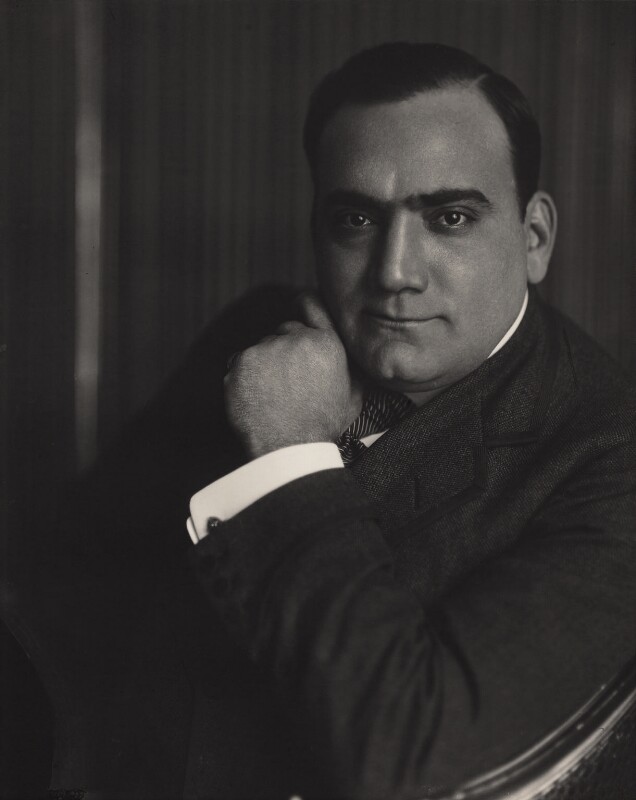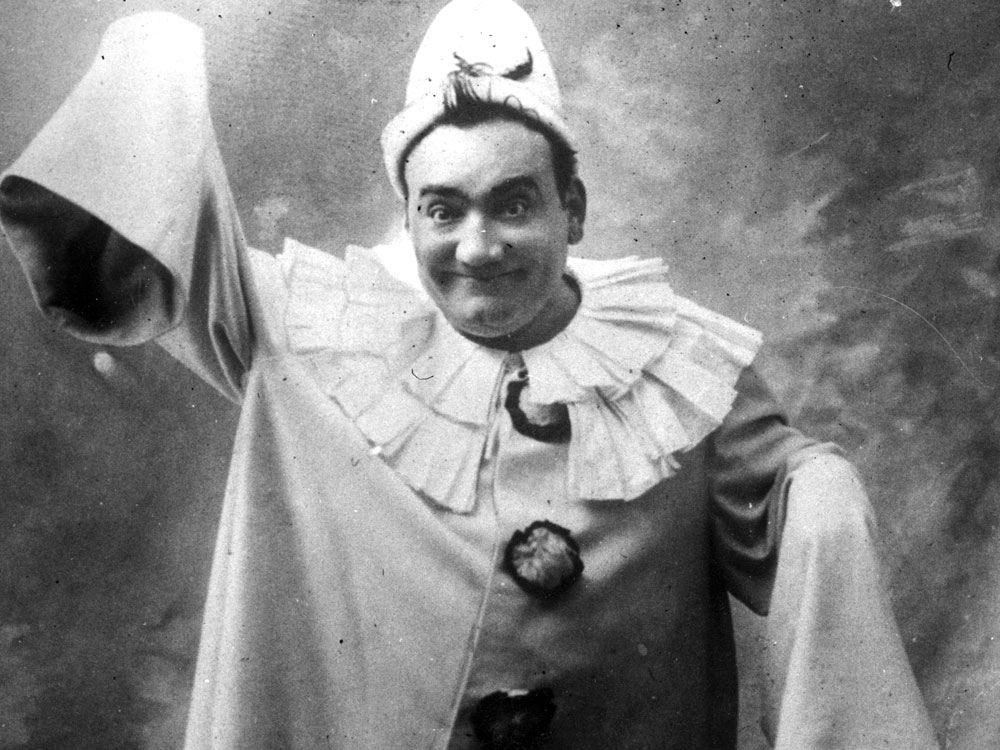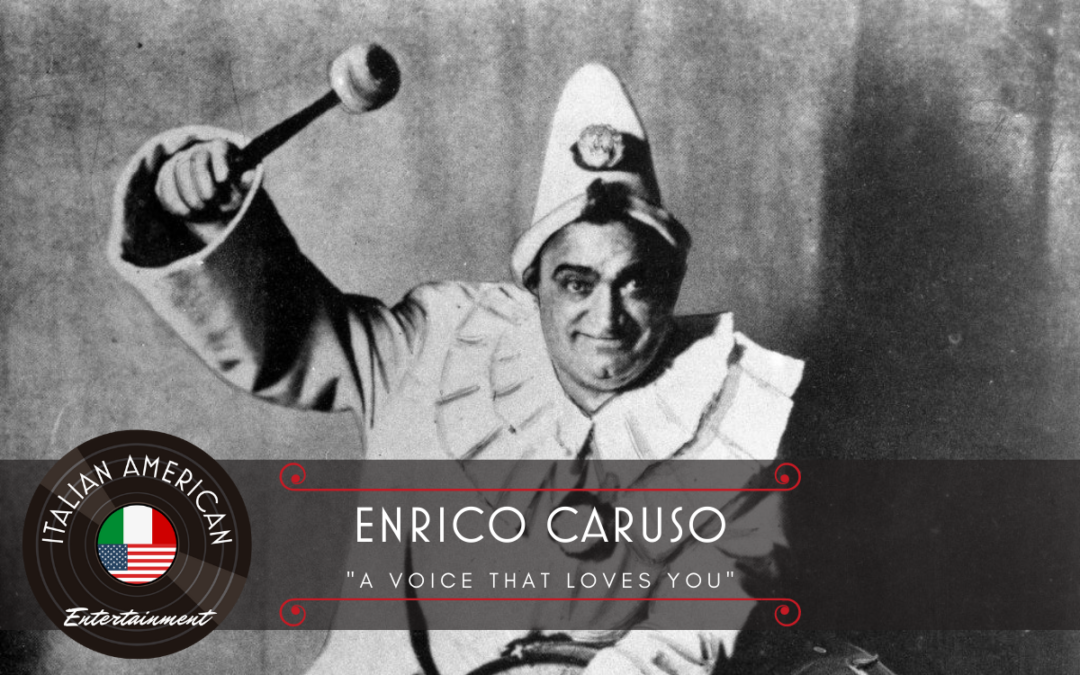“A voice that loves you,” that is what Rosa Ponselle, the American soprano who made her operatic debut opposite Caruso, said in description of Enrico Caruso. Like many of our favorite stories, Caruso’s story began in Italy, Naples to be exact, in 1873. He was born into the same type of poverty that led to the emigration of masses of Italians throughout the world. His life spanned from 1873-1921 almost simultaneous with that emigration (1880-1920). As you can imagine, Caruso’s voice was a voice of comfort, of love, to those Italians as they settled, often uncomfortably, into their new countries and became his biggest fans. Opera was ferociously popular throughout Europe in the 1800’s as an expression of the romantic ideas of nationalism followed by the popularity of Canzone Napoletana music. Both genres of music required passion, volume, and melodrama. Caruso was just the man.

Opera legend has it that when Caruso auditioned for Giacomo Puccini in June of 1897, Puccini’s response was, “Who sent you to me, God?” The timing of Caruso’s life and his Neopolitan talent certainly appeared like a miracle. He brought a mastery and joy for both Opera and Canzone Napoletana music to the world at a time period that saw three remarkable things: a mass migration of Italians throughout the world, the United States as a new influence in worldwide culture, and the recording of music for use on record players.
By 1902 Caruso had already established himself as a rising opera star, but something was about to cross his path that would make his name eternal. A man named Fred Gaisberg of the Gramophone & Typewriter Co. was looking for opera talent to record and produce. Other opera tenors had laughed at him, but Caruso took the opportunity. Gaisberg signed him to sing ten songs and arias, all to be recorded in one session, for a fee of 100 English Pounds.
Readers can find these recordings easily on the internet today. To an opera purist, they would be able to recognize the mistakes made by Caruso during these recordings, but it didn’t matter as sales of those ten Caruso recordings eventually totaled over $2.5 million! Just as Yankee Stadium was once known as “the house that Ruth built,” so Caruso had made the flat disc phonograph respectable, and the phonograph made him famous. Gaisberg’s company would come to be better known as RCA Victor. RCA yielded royalties of $1,825,000 during his lifetime and his family to this day continues to collect royalties.
Since most people reading this are probably Italian American it is worth knowing that aboard the S.S. Sardegna on November 11, 1903, Caruso first beheld New York Harbor. It was primarily at the Metropolitan Opera House that he became synonymous with the role of Pagliacci in Leoncavallo’s opera Pagliacci. His performance of ‘Vesti la Giubba,’ the clown Pagliacci’s lament, was virtually Caruso’s signature. In fact, Caruso had no qualms walking three blocks from his Times Square hotel all the way to the Met in full clown costume and being followed by adoring crowds. Needless to say, Italian Americans loved him. His success was an encouragement and a source of pride in the midst of their hardships.


